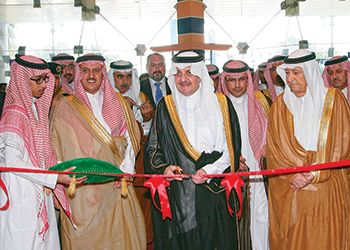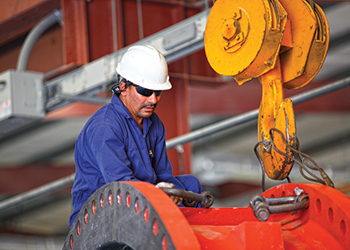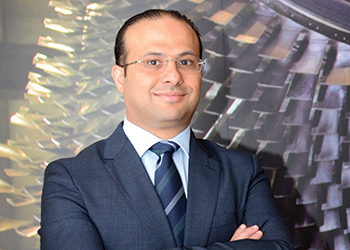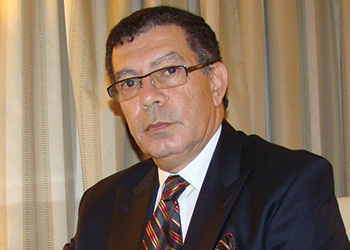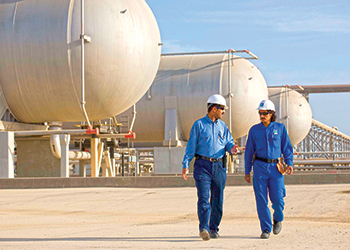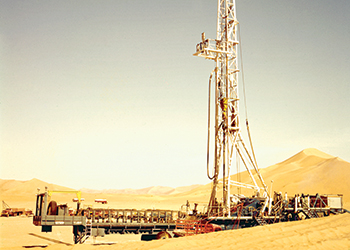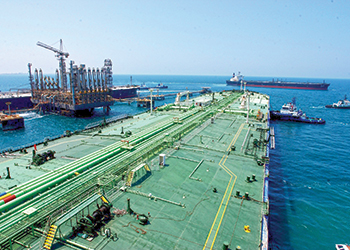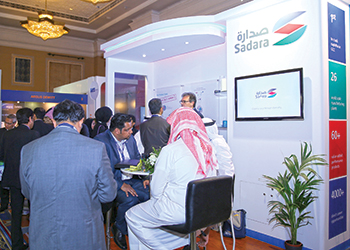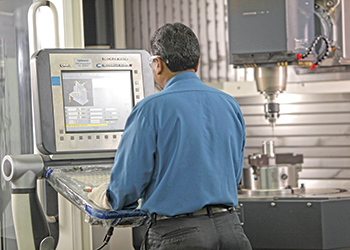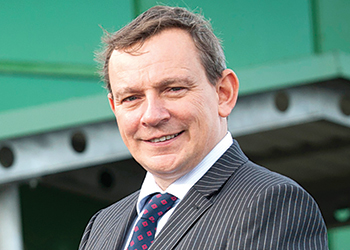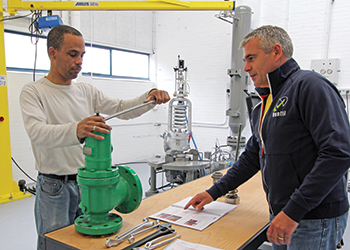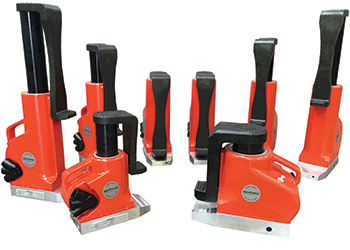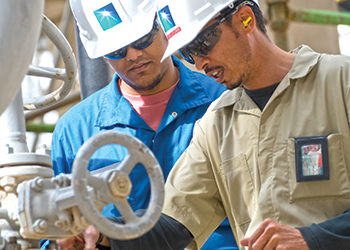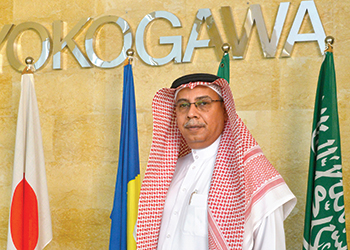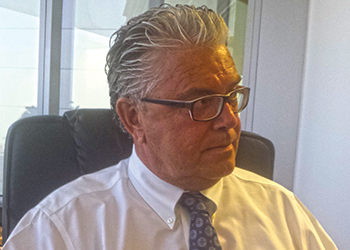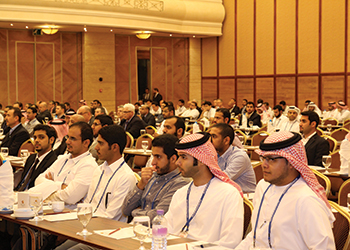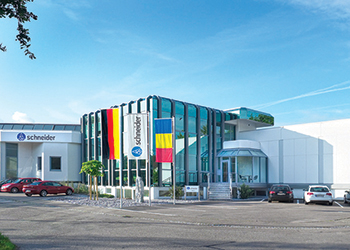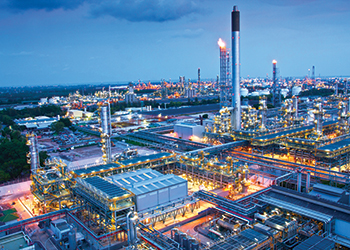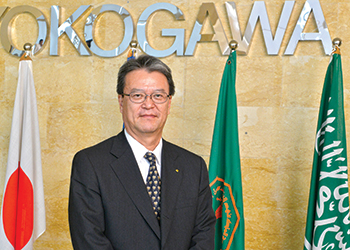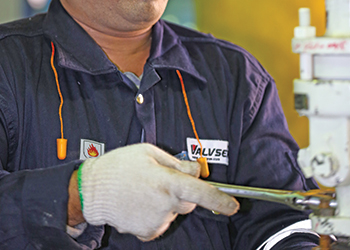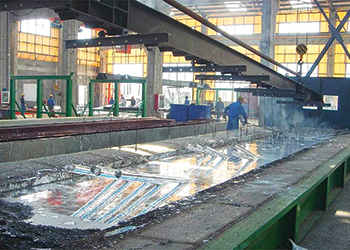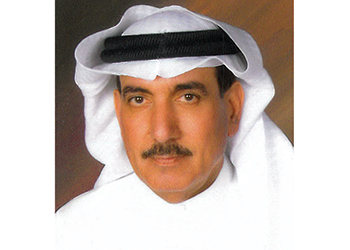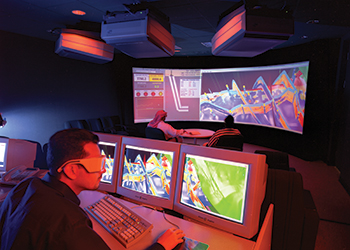
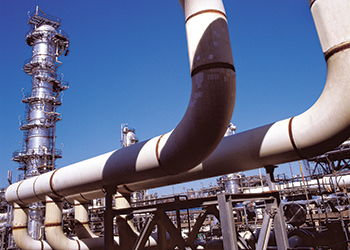 Aramco ... building global research centres
Aramco ... building global research centres
To expand its global technological reach, Aramco has built a network of global research centres
Achieving technological breakthroughs that power Saudi Aramco and the energy industry forward requires partnerships that can unlock innovating minds. With a determination to expand its global technological reach, Saudi Aramco has spent the last few years building a network of global research centres and technology offices in collaboration with the world’s leading technology drivers.
One such centre is the Aramco Fuel Research Centre (AFRC) in Paris that is dedicated to studies on fuel and engine technology. Current engine research and development (R&D), designed to increase efficiency and reduce pollutant emissions of future engines, is primarily based on using existing market fuels. However, there is significant potential to develop new fuel/engine systems that are highly efficient, cleaner and cheaper but also use fuels that are easier to manufacture.
Moreover, such systems will enable a better balance between supply and demand of future fuels and make the transport sector more sustainable. Examples of such systems are gasoline compression ignition (GCI) and octane on demand (OOD), both of which use low-octane gasoline, or naphtha. Saudi Aramco’s focus is on developing such new engine systems that will be of benefit to the auto and oil industries, as well as consumers.
During a visit to the research centre last month, Amin H Nasser, Saudi Aramco acting president and CEO, received updates on the status of ongoing projects, including OOD and GCI projects.
The centre, one of the three managed by Aramco Overseas Company (AOC), opened in February 2013 and was established as part of a 10-year collaborative agreement between AOC and IFP Energies nouvelles (IFPEN), which boasts a significant level of intellectual property and a strong track record of bringing technologies to market.
The technical programmes executed by AFRC are closely coordinated with Saudi Aramco’s Research and Development Centre in Dhahran and the Aramco Research Centre in Detroit, ensuring global alignment, improving innovation processes, and adding value to the business through links with regional knowledge hubs.
During his visit, Nasser expressed his appreciation to the AFRC team and thanked them for their enthusiasm in working on technologies that help to minimise the carbon footprint of the transport sector. AFRC project leaders and team members made presentations to Nasser and Abdulrahman F Al Wuhaib, senior vice president of Downsteram, about their current projects.
CLOSE UP WITH TECHNOLOGY
IFPEN also conducted a tour of the wider campus and its R&D laboratories and facilities. The tour included an optical engine test cell, a facility for analysing and optimising combustion (where the work for two ongoing AFRC projects was demonstrated), a multi-cylinder engine test cell, and a vehicle demonstrator built as part of the OOD project.
In addition, the tour included an overview of IFPEN’s enhanced oil recovery (EOR) laboratory, with a focus on chemical and surfactant EOR, an area of potential collaboration with Saudi Aramco. 'Our goal in Europe has always been to synchronise efforts with Saudi Aramco headquarters, and we at AOC will continue to facilitate and explore collaborations with IFPEN,' says AOC managing director Fahad Al AbdulKareem. 'Having a research facility on site at IFPEN, allowing for close interactions between both parties, is proving to be successful working model,' he adds.
The AFRC itself is part of a wider global fuel technology push, with research undertaken at several centres at various technology readiness levels. As these centers grow, the latest in energy related technology and best practices can be exported back to the kingdom to support Saudi Aramco as it evolves into a world leading integrated energy and chemicals enterprise.







































































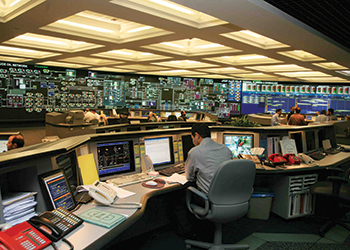
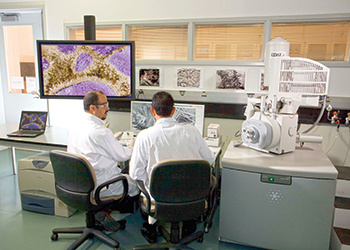
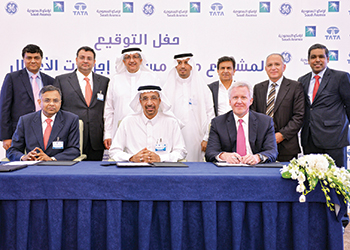
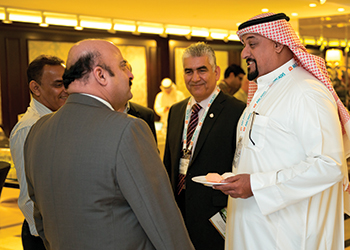
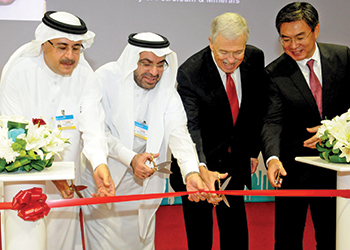
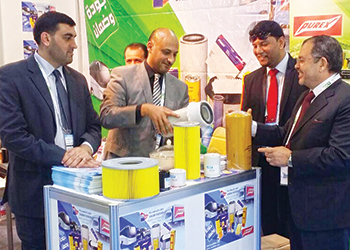

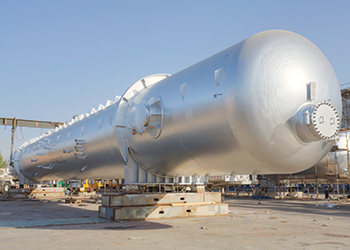
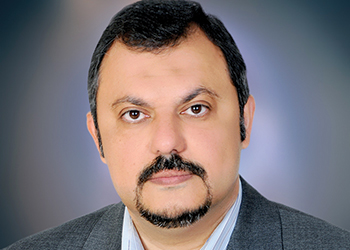
.jpg)
